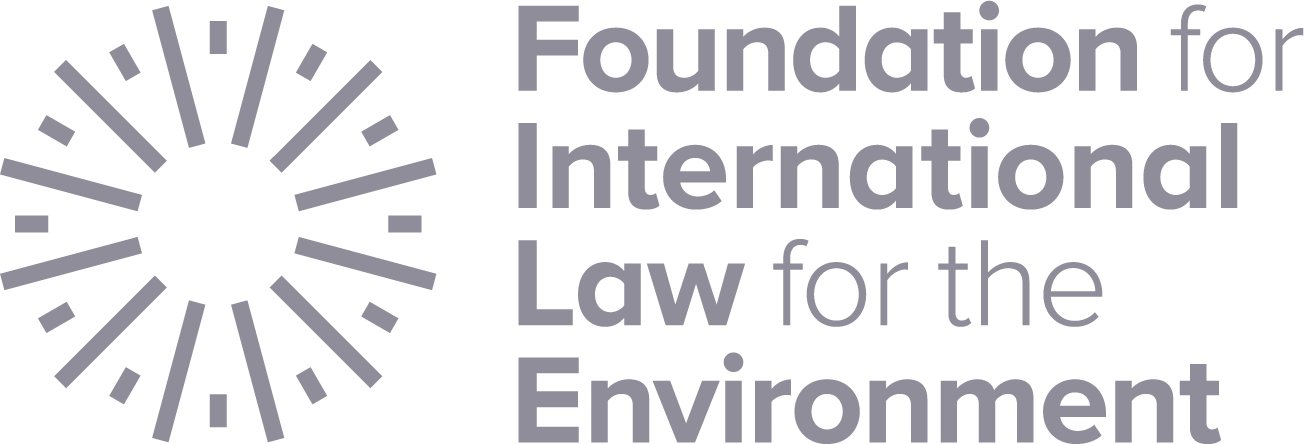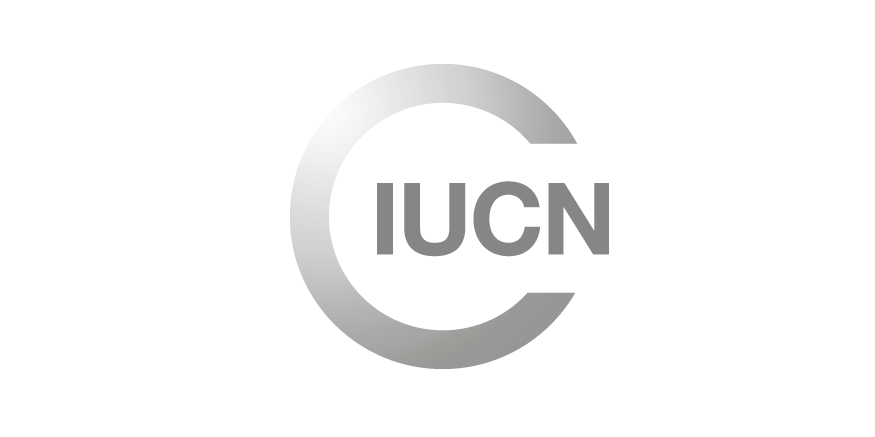What challenges are we facing? Solving complex challenges – where change is dynamic, contested and emergent – requires new approaches which better integrate evidence, sense-making and learning.
1
If challenges & contexts are complex, then organizations need to be adaptive. But organizations see results – learning – strategy development as separate functions. We need approaches which help us better integrate evidence AND insights to inform action.
2
Organizations mandate progress reporting on grantees and report results to funders, but are struggling with understanding portfolio-level outcomes and how these are contributing to systems change.
3
Action on complex challenges requires collaboration across scales, contexts, structures and organizations. MEL experts are not close enough to change processes to provide all the evidence & learning. For genuinely adaptive learning we need to leverage the experience and insight of those closest to the change process.
4
Understanding of systems complexity is increasing in organizations, but practical experience of building evidence frameworks, collaborative sense-making processes, and learning cultures is yet to catch up.
Where does the future lie? 5 shifts to think about…
1 From products to processes & practices
We need to shift from a focus on writing stand-alone ‘products’ at singular points (external ex-post evaluations!) to designing and facilitating ESLA Loops that explore how change happens. This means shifting from an emphasis on defining and claiming results (OECD DAC evaluation criteria) to one that focusses on evidence-based collaborative sense-making (What & how does change happen? So what?Now what?)
2 Make Reporting Useful
Routine progress and results reporting has an important role to play. But we should ensure that reporting is useful rather than extractive for those who spend time and resources on reporting.
Contextualized indicators should enable all stakeholders to reflect on progress, collectively reflect and adapt accordingly. Integrating rubrics frameworks with indicator set can reveal systems-level insights.

3 Focus on genuine participation and voice
We need to shift from the primary role of MEL practitioners and Impact Officers as ‘experts’ (claiming results and defining recommendations) to collectivizing the process of learning, so lived experience (those with the deepest experience & insight) is highly valued and stakeholder insight informs systems change.
4 Harness technology to improve productivity and bring people together
We need to increase practical know-how in the integration of robust evidence into collaborative sense-making platforms and processes, including use of Al to reduce reporting burden and to enable ‘buy-in’ to collaborative sense-making.
5 Link evidence and adaptive learning to strategy and foresight
We need approaches that robustly and usefully inform action on complex challenges. Sustainable and structural ‘learning cultures’ relate to individual and organizational capacity. We need to support people & organizations on a journey – from having to sense-make to wanting to sense-make!

These core principles explain what we believe & why we are different…
1
Global challenges are complex, dynamic, unpredictable, and contested. Solving them requires new and different approaches.
2
Participatory and technology-enabled mixed-methods – through methodological bricolage – can generate robust, representative, and useful evidence of relative contribution and wider systems signals.
3
This evidence is best interpreted by the individuals and organizations who are closest to the change process, and who hold deepest experience and insights.
4
New skills are required in designing collaborative sense-making platforms and facilitating processes that convene diverse groups to share experience, surface insights, and build consensus on strategy and action.
5
By embracing and valuing different ways of knowing we can structurally shift historic power imbalances, broadening meaningful participation to inform action and change.
6
Future success lies in valuing the quality of the process as much as the end product – creating sustainable and structural ESLA Loops capacity and organisational culture.
What is collaborative sense-making?
“The capacity to make sense of the world so you can act in it.”
People do this naturally. Organizations can develop the capacity to collaboratively sense-make.
Why is evidence-based collaborative sense-making important?
We believe those closest to the change process hold the deepest experience and insights.
By subjecting evidence of change to scrutiny in groups, experiences are shared, insights are discussed, and actions are collectively owned.
We need new and different skills and expertise
To co-design, integrate and facilitate evidence-based collaborative sense-making approaches – tools, processes & platforms.
It’s about facilitating processes and building capacities and cultures rather than writing reports…






